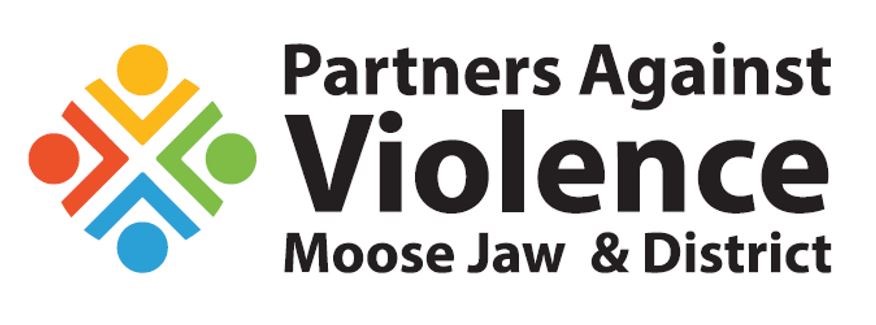There are many complex social issues our communities face, and it is not possible to talk about gun violence, overdoses or homelessness without being prepared to discuss everything that compounds these problems. However, the common denominator of many of our deepest challenges (which is often unspoken and unacknowledged) is trauma.
Trauma is a word that gets thrown around a lot, but it’s much more than a “buzzword.” Traumatic experiences create physical changes in the brain which have the singular goal of protecting us in the future. The brain rapidly connects sensations during a traumatic event with danger, so if we encounter those sensations again, we can respond to protect ourselves.
This evolutionary response can be life-saving; however, the brain that connects the sensation of hair being pulled or hand over mouth with danger during a sexual assault, unfortunately, doesn’t do a great job at knowing the difference between real and perceived. This means that people with histories of trauma can become triggered (experience trauma responses) by everyday things, such as having their hair cut or going to the dentist.
Being triggered does not mean feeling uncomfortable (although we need to pay attention to those feelings, too). Being triggered means having our fear circuitry flood our bodies with stress hormones and adrenaline — essentially preparing us for fight, flight and freeze. People with repeated exposure to traumatic experiences, which includes racism, may experience ongoing trauma responses because the brain detects danger in so many situations. This can be expressed outwardly as dysregulated emotional states, inability to plan, emotionally flat, nightmares, fear and anger.
Unfortunately, trauma is often mislabelled as a mental health disorder, an unreliable employee, a neglectful parent or a defiant child. It is also responsible for the crisis of overdoses that our governments are scrambling to address. The significance and prevalence of trauma is one that needs attention from our governments, social systems and community agencies.
Each one of us, even if we haven’t experienced it personally, have been affected, and the health of our communities depends on a rapid increase in awareness and integration of knowledge about trauma and effective response in all spheres of life.




